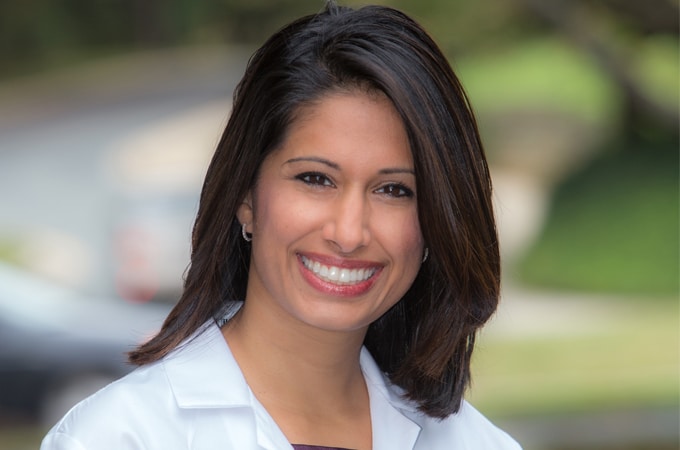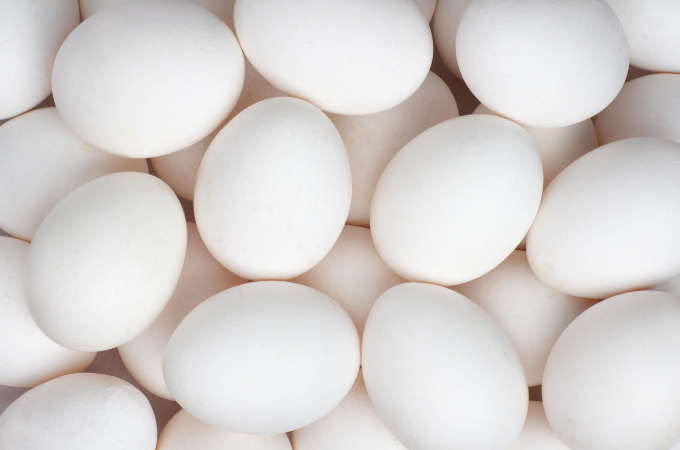“Female fertility starts to decline in the early 20s, but conception rates are still really high even into their 30s,” explains Dr. Malik.

When should women start thinking about their fertility? For women in their 20s, the fertility discussion is typically focused on ways not to get pregnant, but as Dr. Shruti Malik of Shady Grove Fertility’s Fair Oaks, VA, points out in a recent interview with Business INSIDER, women should start seriously thinking about their fertility around the age of 30.
This isn’t to say that all women need to have children around this age; however, women are encouraged to be proactive about not only understanding their fertility but the options available to preserve their fertility.
Dr. Malik on the Best Age to Conceive
“The best chances for women to conceive are going to most often be in their 20s or potentially even their early 30s,” says Dr. Malik. “Female fertility starts to decline in the early 20s, but conception rates are still really high even into their 30s. So, it’s most notably the age of 35 that most women associate with that initial decline in fertility.”
For most women, the conversation about family planning should start with their OB/GYN around the age of 30. While the questions your physician may ask seem out of the blue, it’s a good opportunity for women to begin thinking about when they want to have children. A good tip is to consider how old you would like to be when you have your last child. Then work the math backwards to reveal the age when you should be starting your family.
For women who suffer from irregular periods or have a family history of early menopause, also known as premature ovarian failure, Dr. Malik suggests they consult their physician in their 20s. An OB/GYN should be able to determine if these or any other conditions, which may negatively impact their fertility, are present.
Identify a Potential Problem Early
Ovarian reserve testing is a valuable tool to help identify the number of eggs you currently have based on reproductive hormone levels. These hormone levels provide great insight and reveal if your fertility potential is high, low, or normal based on your age.
With 90 percent of patients having insurance coverage for this testing and physician consultation, insights into your fertility are simple to obtain. Results provide both the patient and the physician with a reliable estimate of a woman’s fertility.
Take Steps to Protect Your Fertility
The best way to safeguard your ability to have your own child at a time of your choosing is through elective egg freezing. Since the experimental label on egg freezing was lifted in 2012, thousands of women have undergone this procedure and even more have taken proactive steps to learn about it. We now also know that women under the age 37 who freeze the recommended number of eggs have a 70 to 80 percent chance of taking home at least one baby.
Dr. Malik can speak to the benefits of egg freezing not only from a professional level as a reproductive endocrinologist but also from a personal level, as she elected to freeze her eggs a few years ago. She recounts her experience as very favorable and says she’s extremely glad she was proactive about this. “We’re definitely seeing a very big increase in the number of women who are considering egg freezing, and I think it’s great,” says Dr. Malik. “It really enables women to have the freedom to make plans for their future.”
To learn more about egg freezing or to schedule a consultation with Dr. Malik, call 1-877-411-9292 or join one of our upcoming informational webcasts or seminars to learn more.






